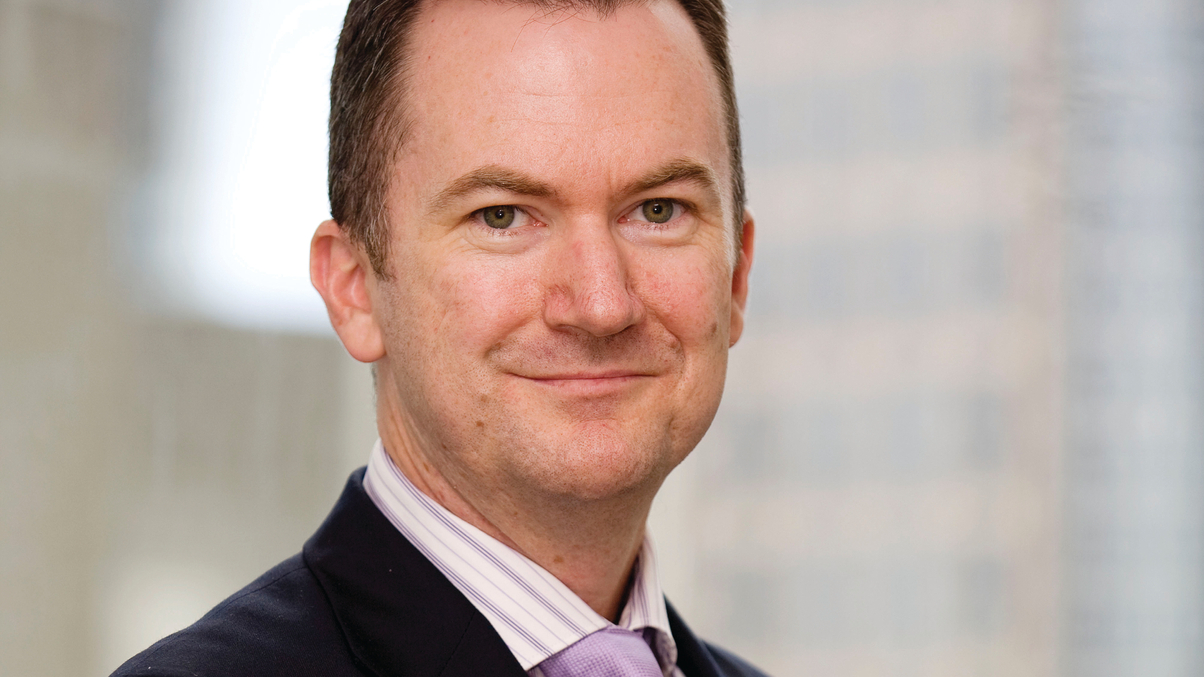partner content
In 2017, valuation is key for investment portfolios
Amid cautious optimism, investors are advised to keep a flexible approach as some asset valuations have become extended, says Schroders Hong Kong’s CEO Chris Durack.

A low interest rate environment and continued accommodative monetary policies by most developed markets in the form of Quantitative Easing have led to stretched asset valuations. As QE depressed yields on safe assets, investors are forced to take on more risk in order to generate targeted returns.
Sign in to read on!
Registered users get 2 free articles in 30 days.
Subscribers have full unlimited access to AsianInvestor
Not signed up? New users get 2 free articles per month, plus a 7-day unlimited free trial.
¬ Haymarket Media Limited. All rights reserved.


